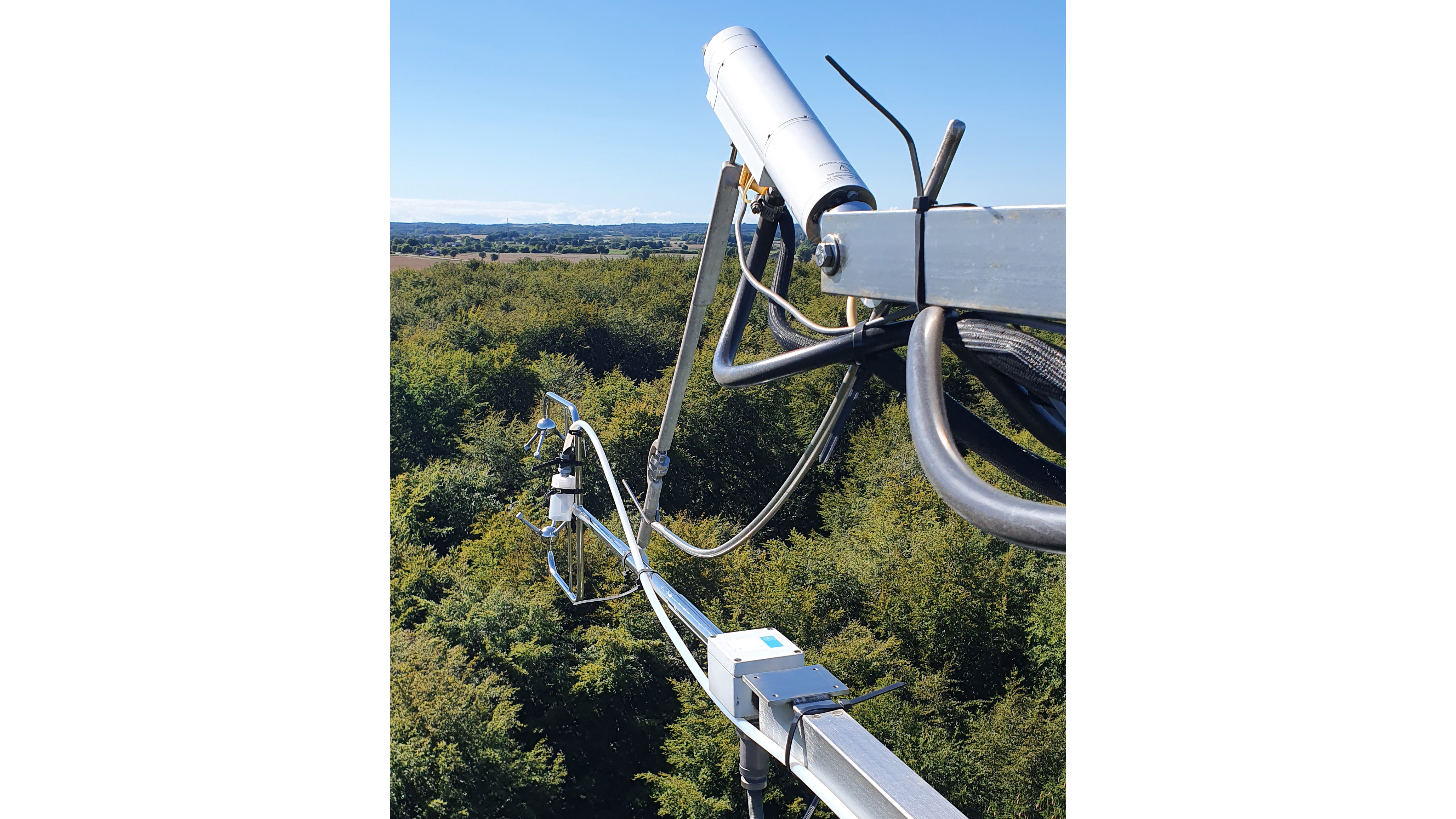Research
Nature-based solutions on their own will not help mitigate climate change
DTU Sustain has collaborated in the publication titled "Leaf-level coordination principles propagate to the ecosystem scale" in Nature Communications, with data from our beech forest long-term CO2 flux observation station.

Data from the long-term CO2 flux observation station and similar stations across the globe enable researchers to derive general biometeorological response patterns at the ecosystem scale and this publication has found that evolutionary optimisation processes in tree species can explain current ecosystem behaviour. The new relationships will be used to improve ecosystem models.
DTU Sustain runs a long-term flux observation station, which produces one of the three longest existing continuous series of CO2 flux measurements. The data characterizes the CO2 exchange between a beech forest called Ll. Bøgeskov, close to Sorø, Zealand. Long time series allow us to observe responses and acclimation to climatic trends such as anthropogenic climate change.
Since 2015, the station has been part of the Integrated Integrated Carbon Observation System (ICOS) fulfilling the highest ICOS observation standard, Class 1. Data can be freely downloaded via the ICOS Carbon Portal and is being used by thousands of researchers globally. The average download frequency is twice per day with increasing trend.
The publication in Nature Communications disentangles how evolutionary optimisation in tree species affect ecosystem processes. This new understanding increases our ability to predict ecosystem responses to a changing environment and whether and how nature will help us to mitigate climate change in future. A recent analysis from the ICOS network data suggests, however, that the current European continental carbon sink has already started to decrease. Nature-based solutions alone will unfortunately not help us reaching our ambitious climate change mitigation goals. The continuation of the long-term flux observation stations remains an important cornerstone to evaluate, report and verify climate action. See the ICOS press release for more.
Kontakt
Andreas Ibrom Lektor anib@dtu.dk